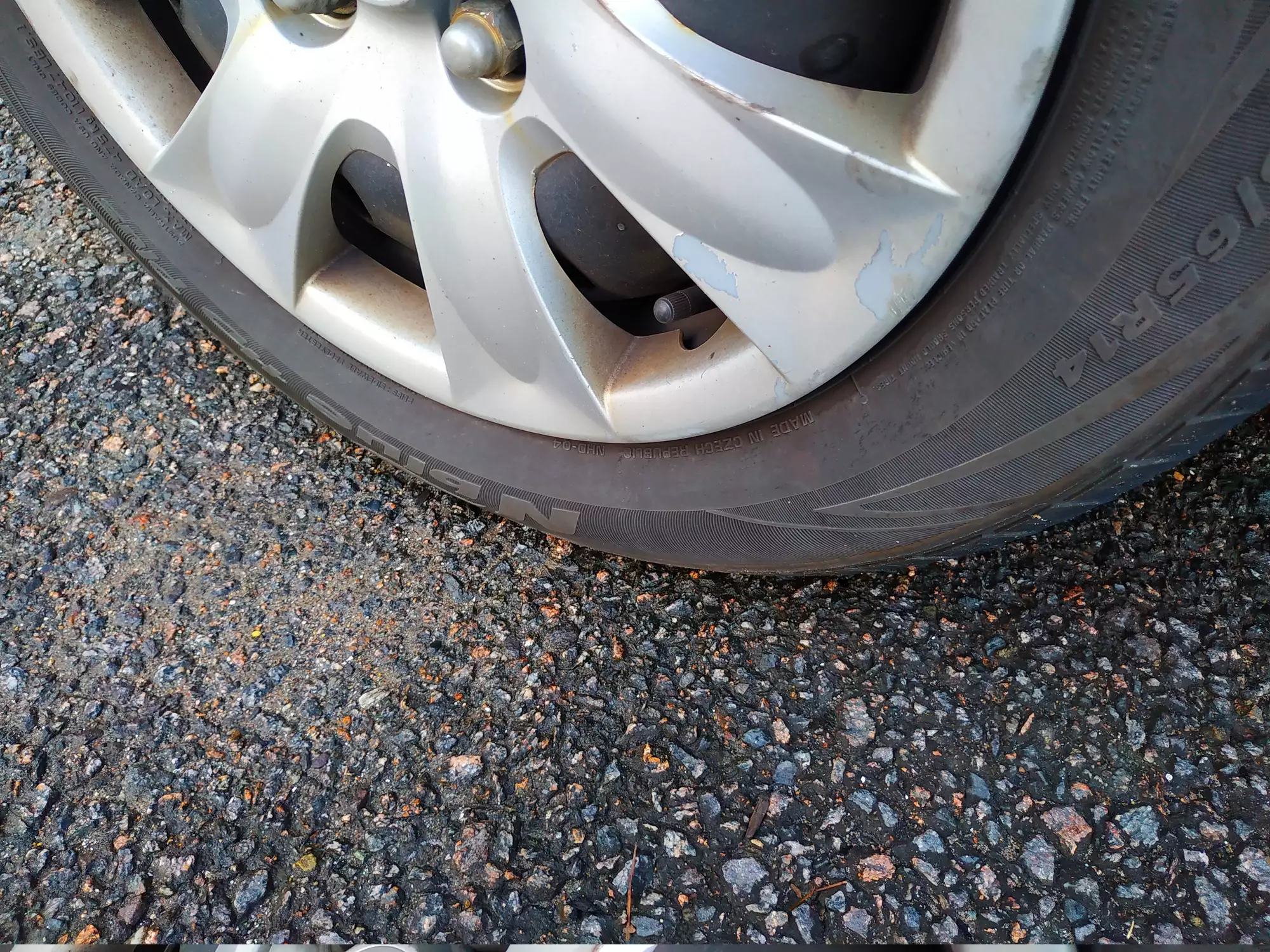Car ride price calculator
Hopefully this website will be helpful to you as you plan your road trip.
Fuel consumption calculation online. How much does a car ride cost?
Calculate the price of petrol or diesel of your way.
The calculator calculates the vehicle's fuel consumption for the distance traveled and its price.
Fill in your car way details below...
...after filling in, you will see the result prices here
The price of the trip there:
Total price there and back for all persons:
Total price there and back for 1 person:
To make your road trip a success, you must plan it well before you set out. Before you start your journey, you need to know many things such as the route, the vehicle, the accomodation and so on.
Interesting questions and answers about cars, gasoline and diesel
Where can I find out the price of petrol or diesel?
How can I find out how many kilometers or miles a car trip will be?
When does my car use less gasoline or diesel per 100 kilometers?
When does my car use more petrol or diesel?
Will the consumption be higher if more people drive in the car?
Will I save gas or diesel if I walk?
Why is walking important?
Navigating the Road to Sustainability: A Guide to Car Consumption, Fuel Efficiency, and Alternative Modes of Transport
Many people find that using their cars makes their lives easier. However, you can save time and money by walking or using public transportation to get around. Furthermore, minimalist cars cost less to purchase and operate. Choosing between car and walking can be difficult- but it's important to consider each method's pros and cons.
Walking is often a good option if your goal is to save money or preserve the environment. Plus, walking provides an opportunity to burn off excess calories while enjoying the outdoors. Unfortunately, choosing between car and walking can be complicated- since not all routes are equally energy efficient.
Car consumption, also known as fuel consumption, refers to the amount of fuel that a vehicle uses. This can be measured in a variety of ways, such as miles per gallon (mpg) or liters per 100 kilometers (l/100km). The amount of fuel a vehicle consumes is an important factor for many car owners, as it can have a significant impact on their driving costs and their environmental footprint.
There are several factors that affect a car's fuel consumption. One of the most important is the type of vehicle. Large, heavy vehicles like SUVs and trucks tend to consume more fuel than smaller, lighter cars, as they require more energy to move. The engine size and type can also affect fuel consumption, with larger engines typically using more fuel than smaller ones.
Another important factor is the way a vehicle is driven. Aggressive driving, such as speeding and accelerating quickly, can increase fuel consumption. So can carrying heavy loads, towing trailers, or driving in stop-and-go traffic. In contrast, driving smoothly, maintaining a steady speed, and avoiding unnecessary acceleration and braking can help to reduce fuel consumption.
There are also several things that drivers can do to improve their car's fuel efficiency. One of the most effective is to ensure that their vehicle is well-maintained. This means keeping tires properly inflated, using the correct grade of motor oil, and regularly replacing air filters and other components that can affect fuel consumption.
Drivers can also adopt more fuel-efficient driving habits. E.g. avoiding excessive idling, using cruise control on the highway, and avoiding sudden stops and starts. Another tip is to avoid using the air conditioning whenever possible, as this can increase fuel consumption.
In addition to these individual measures, governments and car manufacturers are also working to improve the fuel efficiency of vehicles. Many governments have implemented fuel efficiency standards that require car manufacturers to meet certain standards for their vehicles. Some have also introduced financial incentives, such as tax breaks, for drivers who choose to buy more fuel-efficient vehicles.
Overall, car consumption is an important issue for both individual drivers and society as a whole. By being aware of the factors that affect fuel consumption and taking steps to improve it, we can save money on our driving costs and reduce our environmental impact.


